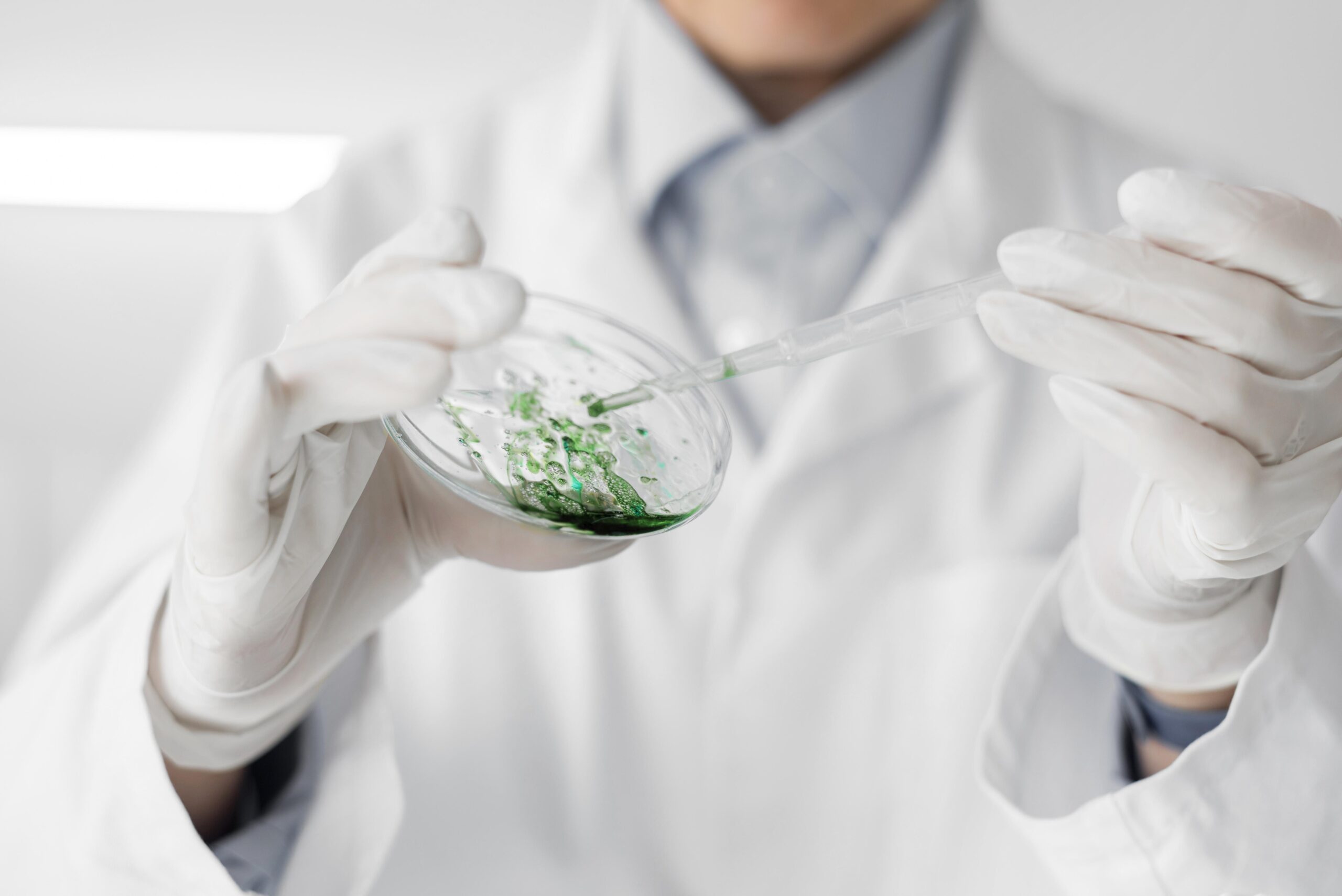Modern poultry production aims to achieve optimal growth, performance, and meat quality while maintaining animal health and food safety. However, one of the persistent challenges faced by the poultry industry is oxidative stress, which can lead to oxidative muscle disorders, compromising both bird health and product quality. This is where phytogenic feed additives in poultry have shown significant promise as a natural, effective, and sustainable solution.
Understanding Oxidative Muscle Disorder
Oxidative muscle disorder in poultry primarily occurs due to an imbalance between reactive oxygen species (ROS) production and the bird’s antioxidant defense mechanisms. Factors such as heat stress, high metabolic rates, poor nutrition, and disease challenges increase ROS production, leading to lipid peroxidation, protein oxidation, and DNA damage within muscle tissues. This results in conditions like white striping, woody breast, and myopathies—issues that not only affect meat quality but also have economic implications for producers.
Role of Phytogenic Feed Additives in Poultry Nutrition
Phytogenic feed additives for poultry, derived from herbs, spices, and plant extracts, are gaining global attention for their multifaceted benefits. These bioactive compounds—such as flavonoids, phenolics, tannins, and essential oils—possess potent antioxidant, anti-inflammatory, and antimicrobial properties that help combat oxidative stress naturally.
When incorporated into feed, phytogenic feed additives poultry support the bird’s endogenous antioxidant system by enhancing the activity of key enzymes like superoxide dismutase, catalase, and glutathione peroxidase. This enzymatic boost helps neutralize free radicals, minimizing cellular and muscle tissue damage.
Mechanisms That Prevent Oxidative Damage
Phytogenics act through multiple mechanisms to prevent oxidative muscle disorders:
- Free Radical Scavenging: The polyphenols and essential oils present in phytogenic compounds scavenge harmful radicals, protecting muscle cells from oxidative damage.
- Lipid Stabilization: Certain phytogenic components, such as rosemary and oregano extracts, prevent lipid peroxidation in muscle membranes, ensuring meat quality and shelf life.
- Anti-inflammatory Action: By modulating inflammatory pathways, phytogenics reduce tissue inflammation and oxidative load, supporting faster muscle recovery and improved performance.
- Mitochondrial Protection: Some plant bioactives preserve mitochondrial function, maintaining energy balance and reducing oxidative burden at the cellular level.
Performance and Quality Benefits
The inclusion of phytogenic feed additives in poultry nutrition not only helps mitigate oxidative muscle disorders but also enhances overall productivity. Birds supplemented with phytogenics show improved feed efficiency, weight gain, and immune resilience. From a meat quality perspective, lower oxidative stress translates into better texture, color stability, and reduced drip loss—factors highly valued in commercial poultry processing.
Sustainable and Natural Approach
Unlike synthetic antioxidants, phytogenic feed additives provide a natural and residue-free approach to improving poultry health. This makes phytogenics an essential part of the modern poultry nutrition strategy.
Incorporating phytogenic feed additives in poultry diets offers a holistic and sustainable way to combat oxidative muscle disorders. By reinforcing the bird’s antioxidant defense system, these natural ingredients not only improve meat quality but also support animal health and farm profitability. As the industry continues to shift toward natural solutions, phytogenics stand out as a scientifically backed, eco-friendly innovation for future-ready poultry nutrition.
Phytocee, a natural defence enhancer, is formulated with polyphenols, withanolides, and triterpenoids that offer adaptogenic, immunomodulatory, and anti-stress benefits. It helps birds build strong immunity, develop stress tolerance, and achieve robust endurance, which in turn helps to prevent oxidative muscle disorder by supporting better performance, muscle health, and overall productivity.




